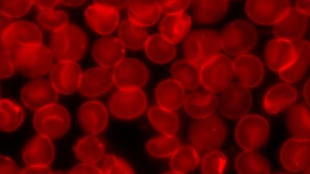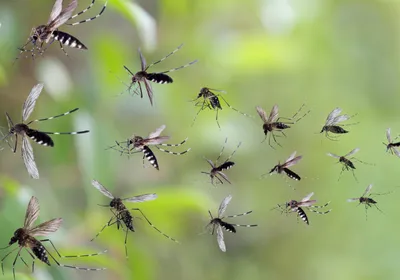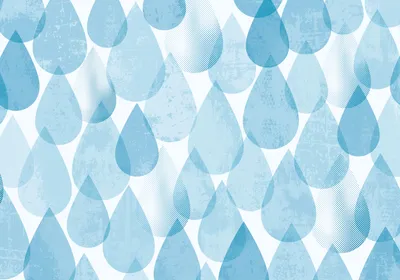 WIKIMEDIA, MDOUGMThe US Food and Drug Administration (FDA) has a clear message for the CEO of Pathway Genomics, the company that just unveiled a blood test that it claims can detect various cancer types: “[Y]ou are offering a high risk test that has not received adequate clinical validation and may harm the public health,” the agency wrote in a letter to Pathway’s founder and CEO Jim Plante this week (September 21). The FDA has given Plante two weeks to respond and set up a time to meet with the agency.
WIKIMEDIA, MDOUGMThe US Food and Drug Administration (FDA) has a clear message for the CEO of Pathway Genomics, the company that just unveiled a blood test that it claims can detect various cancer types: “[Y]ou are offering a high risk test that has not received adequate clinical validation and may harm the public health,” the agency wrote in a letter to Pathway’s founder and CEO Jim Plante this week (September 21). The FDA has given Plante two weeks to respond and set up a time to meet with the agency.
The FDA claims that Pathway’s CancerIntercept Detect, which costs $699, counts as a direct-to-consumer test because it ships blood collection tubes, technically considered to be medical devices, straight to customers. This, according to the agency, means that the company needs to get FDA approval before offering the test, something Pathway did not do. But Pathway disputes this contention. “We assure that there is physician involvement in the ordering, review, and follow-up of CancerIntercept testing,” the company said in a statement emailed to Bloomberg Business.
Pathway also refutes the FDA’s assertion that there is no published validation for the test as a screening tool for cancer in high-risk individuals. “We believe we have performed appropriate validation of the test as a laboratory-developed test, and we are ...




















